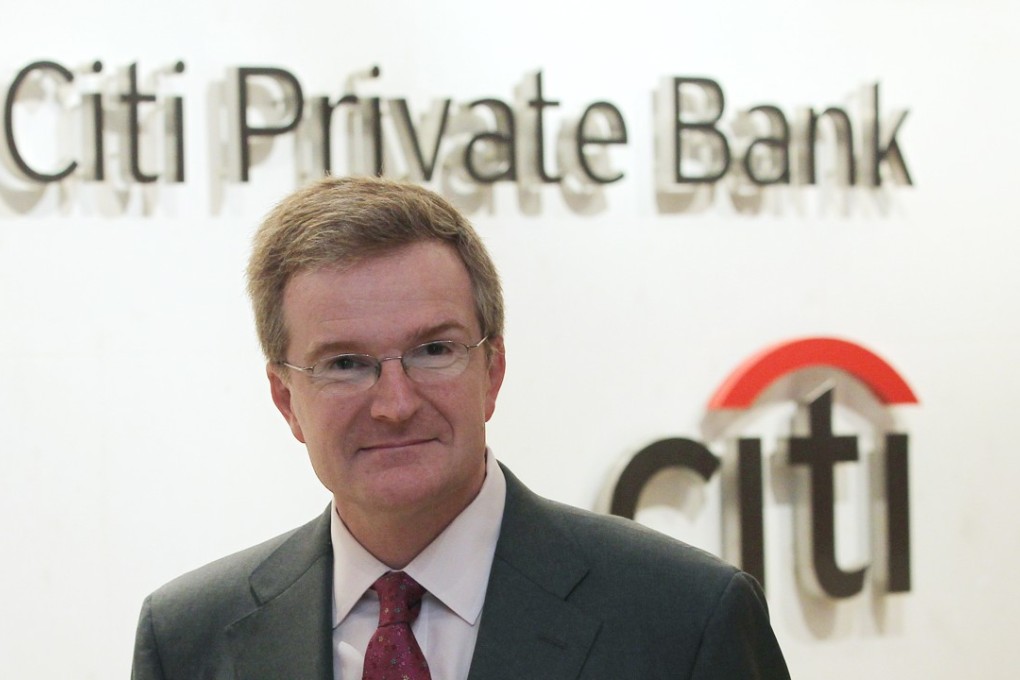Global super rich are booking profits and slashing risk following February’s harsh shakeout, says Citi private bank
Peter Charrington, global head of Citi Private Bank, says recent volatility in asset markets has sparked a wave of caution among clients who fear a further shakeout ahead

The volatility which hit markets with a jolt in February has changed the way the super rich are investing their money.
Peter Charrington global head of Citi Private Bank, said that his clients around the world are starting to turn more defensive in how they invest their money, looking to protect the gains they have made.
“Over the last few weeks we have definitely seen clients locking in profits or hedging their positions,” Charrington said.
“In periods like this you need to make sure that you are able to protect capital and limit the downside.”
Citi Private Bank has around US$460 billion in global assets under management, and its clients must have a minimum of US$25 million in net worth.
In early February US markets plunged, dragging markets around the world down with them.